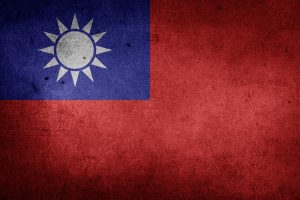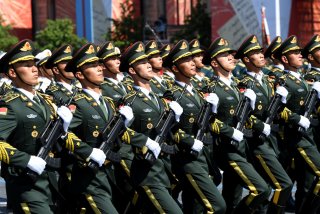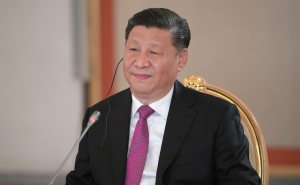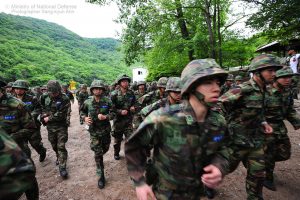On May 8, India’s defence minister virtually inaugurated a new 80 km-long road in the Himalayas, connecting to the border with China, at the Lipulekh pass. The Nepali government protested immediately, contending that the road crosses territory that it claims and accusing India of changing the status quo without diplomatic consultations.
Among the many escalatory moves since then, Nepal deployed police forces to the region, summoned the Indian ambassador in Kathmandu, and initiated a constitutional amendment to formalise and extend its territorial claims over approximately 400 sq km. India, on the other hand, has conveyed its openness to a dialogue but does not seem to share Nepal’s sense of urgency: its initial statement agreed to a dialogue, but only after the COVID-19 crisis.
Over one month later, the bilateral crisis seems to now be stuck in a stalemate, a worrisome trend in otherwise friendly India-Nepal relations. Dr. Constantino Xavier, Fellow, Brookings India, answers some of the key questions on the crisis, the possible factors that escalated the dispute, the geostrategic context, and ways to de-escalate towards a solution.









/cloudfront-eu-central-1.images.arcpublishing.com/prisa/Y6ADUDW7MBEO7CGVTW5XF64HMQ.jpg)




